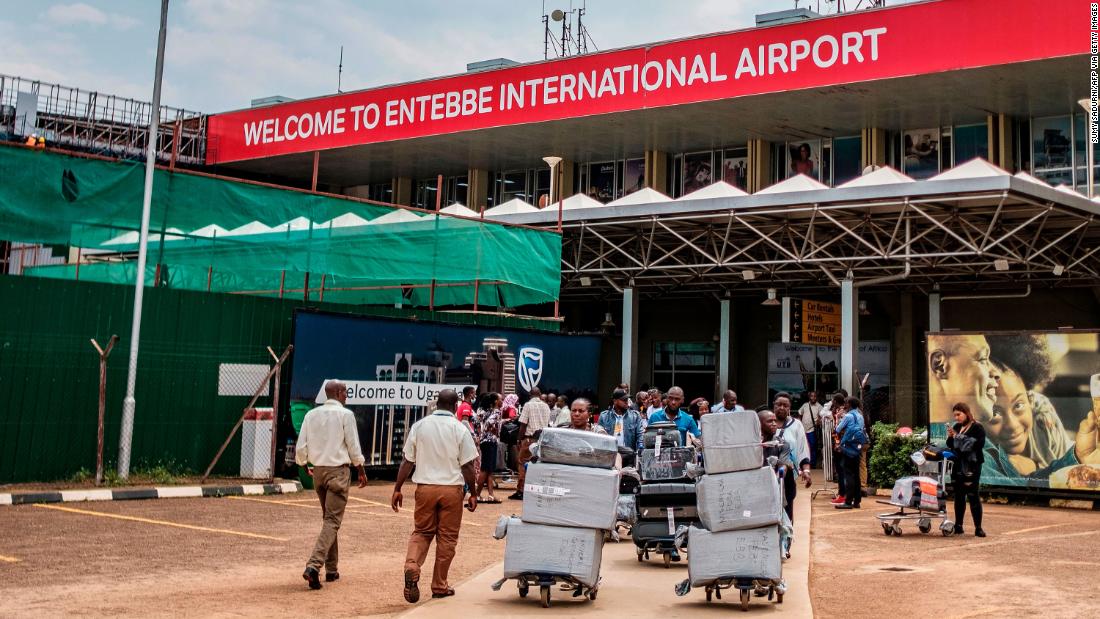What you need to know when travelling to Uganda
What you need to know when travelling to Uganda. Planning a trip to Uganda? This beautiful East African country offers a diverse range of attractions, from its stunning landscapes and abundant wildlife to its vibrant culture and warm hospitality. Before embarking on your journey, it’s essential to gather some key information to ensure a smooth and enjoyable experience. In this blog, we’ll cover the essential things you need to know when traveling to Uganda.
- Visa Requirements: Before traveling to Uganda, it’s important to check the visa requirements for your country of residence. Many nationalities can obtain a visa on arrival, while others may need to apply in advance. Ensure that your passport is valid for at least six months beyond your planned departure date and that you have sufficient blank pages for visa stamps.
- Health and Vaccinations: Uganda, like many African countries, has certain health risks. It’s recommended to consult with a travel health specialist or visit a travel clinic to get updated information on necessary vaccinations. Common vaccines include those for yellow fever, hepatitis A and B, typhoid, and diphtheria-tetanus-pertussis. Malaria is prevalent in Uganda, so it’s crucial to take anti-malarial medication and use mosquito repellent.
- Climate and Packing: Uganda’s climate is predominantly tropical, with temperatures ranging from 25°C to 30°C (77°F to 86°F) throughout the year. However, higher elevations, such as in the mountainous regions, can be cooler. Pack lightweight, breathable clothing suitable for warm weather, along with a light jacket for cooler evenings or higher altitudes. Don’t forget to bring comfortable walking shoes, a hat, sunscreen, and insect repellent.
- Wildlife and Safari Experiences: Uganda is renowned for its incredible wildlife and is home to several national parks and game reserves. The most famous attraction is the endangered mountain gorillas in Bwindi Impenetrable National Park. Gorilla trekking permits should be obtained in advance due to limited availability. Other popular parks include Queen Elizabeth National Park, Murchison Falls National Park, and Kibale National Park for chimpanzee trekking.
- Cultural Etiquette and Respect: Uganda is a culturally diverse country with over 50 different tribes. When visiting local communities or interacting with people, it’s important to be respectful of their customs and traditions. Learning a few basic phrases in the local language, such as Luganda or Swahili, can go a long way in fostering positive connections. Always ask for permission before taking someone’s photo and be mindful of local sensitivities.
- Transportation and Safety: When traveling within Uganda, there are various transportation options available. Domestic flights, buses, and private car hires are common choices. If you’re driving, be aware that road conditions can vary, and traffic in urban areas can be congested. It’s advisable to use reputable transport services and avoid traveling at night, especially in remote areas. Take necessary precautions to ensure your safety and secure your belongings.
- Currency and Payments: The official currency of Uganda is the Ugandan shilling (UGX). While major credit cards are accepted in larger establishments, it’s always wise to carry some cash for smaller purchases, especially when visiting rural areas or local markets. ATMs are available in major cities and towns, but it’s recommended to inform your bank about your travel plans to avoid any issues with card transactions.
Conclusion: Uganda offers a wealth of natural beauty, wildlife encounters, and cultural experiences that make it an enticing destination for travelers. By familiarizing yourself with visa requirements, health considerations, local customs, and safety precautions, you’ll be better prepared for your journey. Remember to respect the environment, wildlife


0 Comments